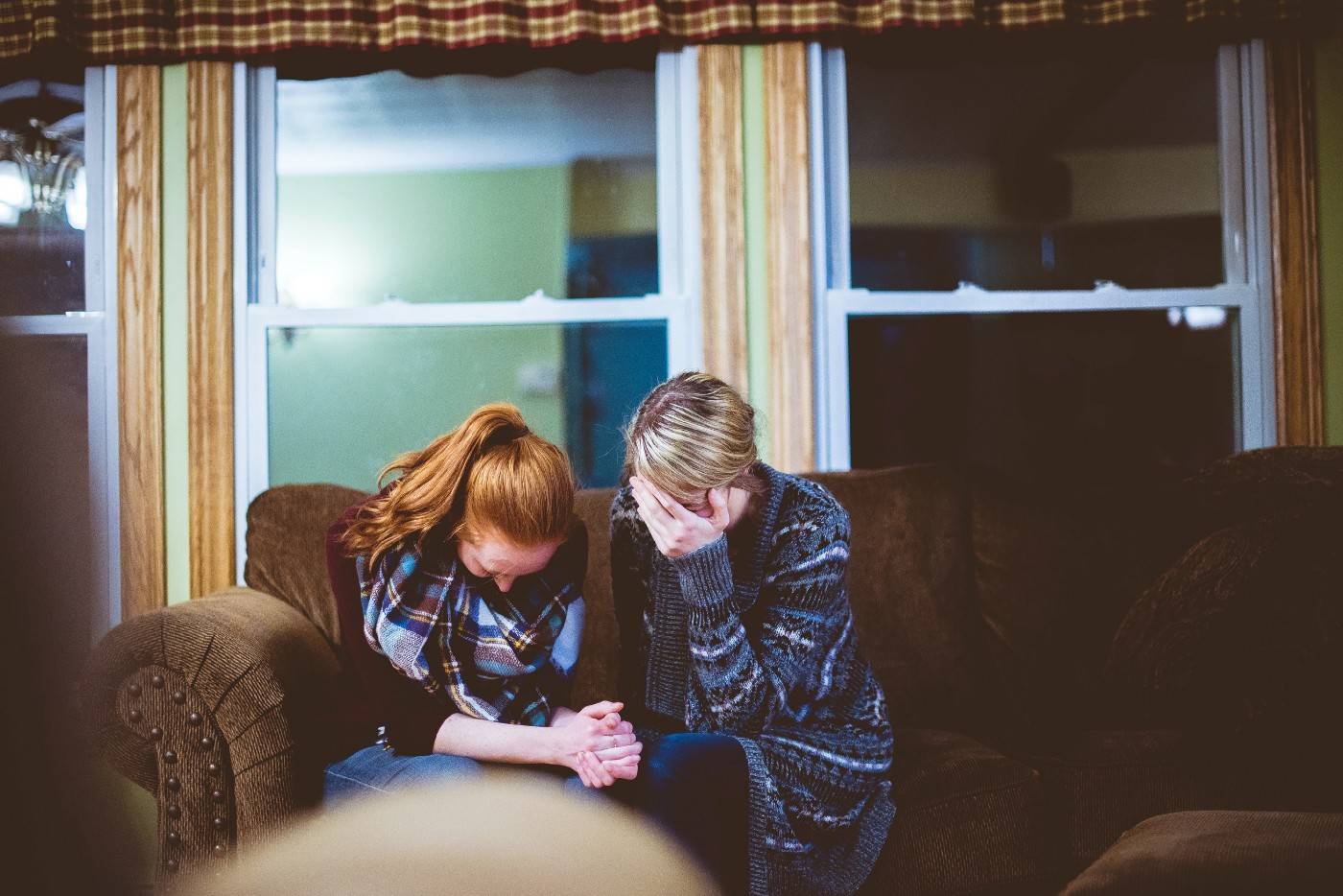Submitted by the Washington State Department of Health
The U.S. Surgeon General warned the nation on April 5 that this week is “going to be the hardest moment for many Americans in their entire lives.” With more than 10,000 deaths from COVID-19 in the United States reported already, we know that we will see many more cases and many more deaths in the coming days. We are experiencing terrible loss on a large scale, we are grieving loved ones lost, and we are scared for the health and safety of many others.
We are also experiencing other kinds of loss in our lives. We have canceled or postponed major life events, like weddings and funerals. We have lost jobs. We have missed milestones, like prom, birthday parties, and, soon, graduations. We’re missing important family traditions like Easter or Passover celebrations. We’re missing Spring Break camping trips, trips to see the tulips, vacations. We’re losing money. We’ve canceled plans. We’ve trained for months for athletic events that have been canceled. We looked forward to concerts that aren’t happening. We miss seeing grandkids and grandparents, friends and family. We miss the rhythm of our days and weeks. We miss eating at restaurants, going to the movies, kids’ sports practices and games. We miss comforting routines. We miss that favorite mug we left at work. Any one of these losses would be disappointing, but we are experiencing them all at once.
Some of these losses are temporary. However, the sense of loss we are feeling is real. But we are resilient, and we will emerge from this time of isolation healthy and strong. Maybe we will have learned to work better from home. Maybe we will have used some of that home fitness equipment we have in that closet. Maybe we will have walked more. Maybe we will have had more family meals together. Maybe we will have taught the kids to cook. Maybe we will have learned to use technology to reconnect with people who live far away from us, whom we’ve lost touch with. Maybe we’ll have rested and slept in more. Maybe we will have engaged with the kids’ school work and teachers more. Maybe we will have waved at our neighbors more enthusiastically.
We will have had many losses, but this time of isolation will end because we have all pulled together to stay apart. Remember, physical distancing doesn’t have to become emotional distancing. Find ways to stay connected to those you think about. Send a text, carve out some time to call or video chat, email, write letters, connect on social media — reach out virtually while you can’t visit in person. We need one another more than ever right now.
I’m struggling, or I know someone who’s struggling
If you are struggling with anxiety, depression, substance use, or your emotional or mental health at this time, please know that it’s normal and it is okay to get help. The Centers for Disease Control has guidance for coping with the stress of the COVID-19 outbreak.
That being said, when coping becomes difficult, don’t hesitate to explore the services we have available to you in Washington state. The state coronavirus website has resources for your mental health and well-being ranging from crisis to addiction to domestic violence to suicide and depression support and beyond.
Practice compassion
You are grieving so many losses, large and small. Even those of us fortunate enough to experience just temporary losses may still find ourselves feeling angry and depressed. We may see, in ourselves or in others, unhelpful bargaining, as in, “If I wear a mask, can I go see my grandkids?” (No.) Or we may see people denying the risk they put themselves and their community at by not staying home. This is grief. Be gentle with yourself. The other people in your life and in your house are grieving too. Be gentle with them.
More information
Stay tuned to our blog for more information on how you can help stop the spread of COVID-19. Sign up to be notified whenever we post new articles.
Information in this blog changes rapidly. Check the state’s COVID-19 website for up-to-date and reliable info at coronavirus.wa.gov.
Answers to your questions or concerns about COVID-19 in Washington state may be found at our website. You can also contact our call center at 1–800–525–0127. Hours: 6 a.m.-10 p.m., seven days a week.



